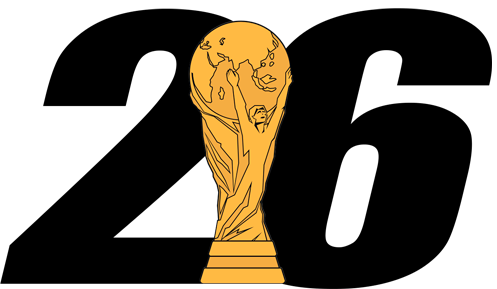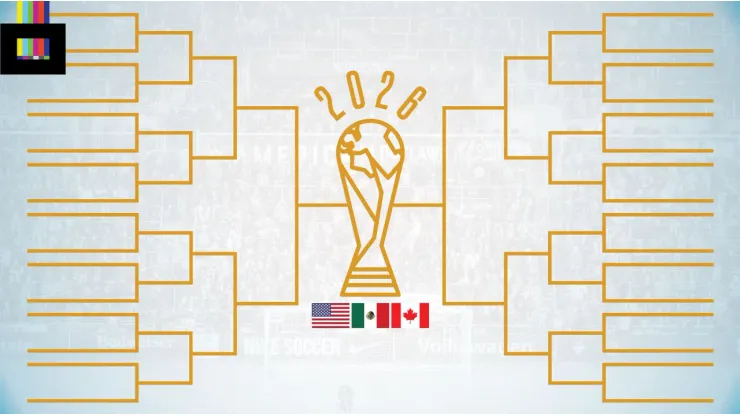With the 2026 Men’s Football World Cup on the horizon, some major shake-ups in the tournament format have been revealed.
From 32 to 48 Teams
Previously accommodating 32 teams, the revamped format will now see 48 teams in the fray. These teams will be categorized into 12 groups, marking an increment from the previous eight groups.
Each group will comprise four teams, with the top two from every group advancing to the knockout stages.
Additionally, the best eight teams that finish third in their groups will also move forward, culminating in a round of 32.
The implications of this shift are significant. To clinch the title, the ultimate victors will have to journey through eight matches.
This is an increase in the overall match tally from 64 to a staggering 104 games. Fans can circle Sunday, July 19th, on their calendars – the day the World Cup final is scheduled to be played.
The Genesis of the Change
The original blueprint hinted at the establishment of 16 groups with three teams each. However, that would mean some teams would only play two games before potentially heading home, which led to reconsiderations.
This shift in perspective was, in part, spurred by the exhilaration of the Qatar World Cup. The four-team group format introduced suspense, drama, and simultaneous gameplay. Recognizing these merits, the FIFA council meeting in Rwanda is expected to give the new format the green light.
Why 48 Teams Though?
Critics argue that introducing 48 teams dilutes the quality of football and is environmentally unfriendly due to increased travel. However, it’s essential to look beyond traditional viewpoints.
FIFA comprises 211 member nations, and out of these, only 78 have ever graced the World Cup stage. An astonishing 133 nations have never experienced the thrill of a World Cup finals match.
The expansion lobby argues that to uplift football standards globally, a more inclusive World Cup is imperative. The distribution of slots is another significant talking point.
For instance, despite Africa boasting 54 FIFA member nations, only five made it to the Qatar World Cup. This revamped format promises nine slots to Africa, doubling their representation.
In conclusion, while Western European football enthusiasts might be skeptical, global fans, when viewed collectively, seem to welcome this expansion.

